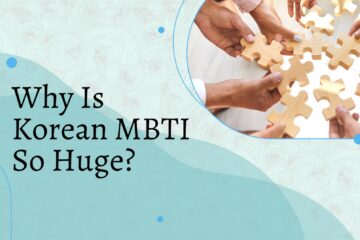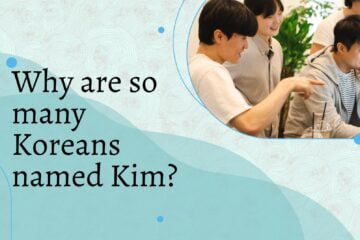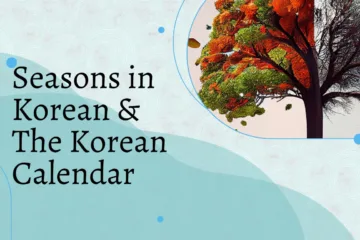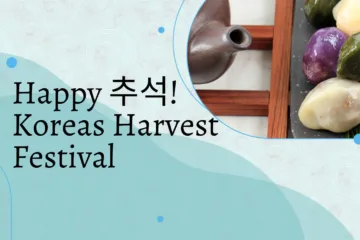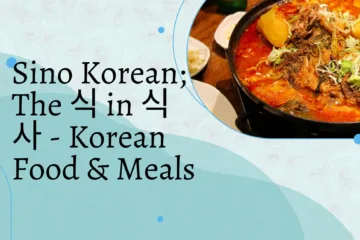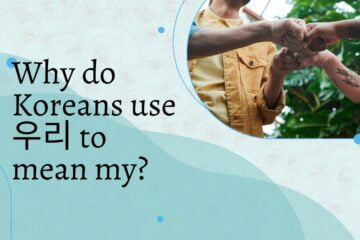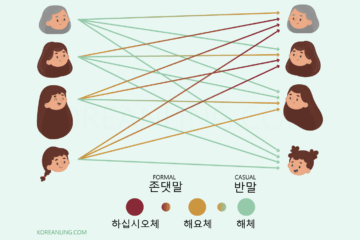Why Is Korean MBTI So Huge?
If you’ve been following recent Korean cultural trends you may have heard of Korean MBTI being adapted and gaining huge traction. While the trend of MBTI seems to have died down here, it is going strong in South Korea with many people making judgment calls on people based on their type.
